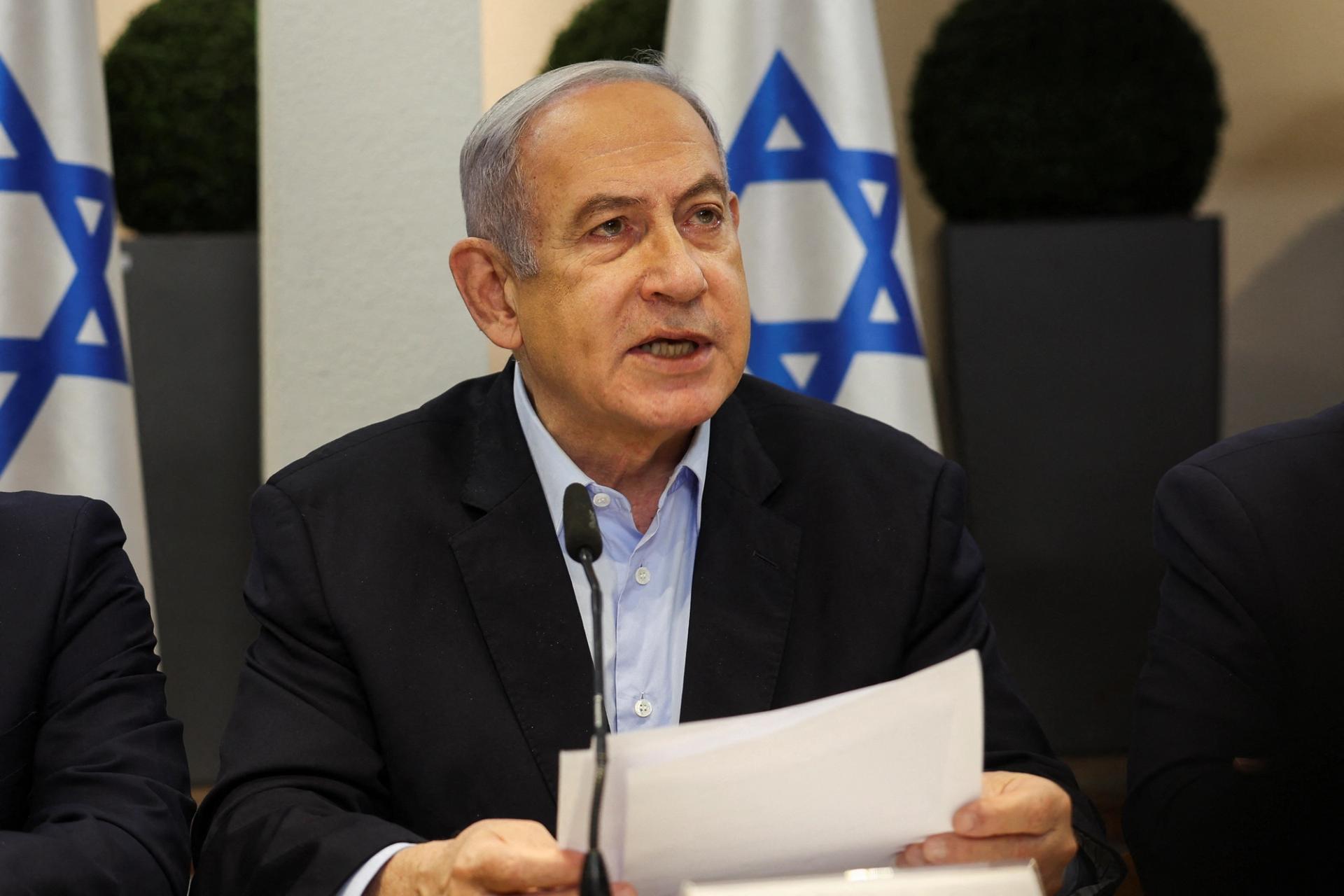The News
Hearings are set to begin Thursday in the International Court of Justice over South Africa’s accusations that Israel is committing genocide in Gaza.
South Africa filed a case claiming that Israel was in violation of the 1948 Genocide Convention — which was crafted following the Holocaust — over its assault on Gaza. The accusations, which Israel has pledged to rebuff in court, could impact the trajectory of the war.
SIGNALS
Outcome of case could put Israel in legal gray area
The ICJ has never found a state to be directly responsible for genocide, so such a ruling would place Israel in “legally uncharted territory,” a Tel Aviv-based international law professor said. While it could take years for a final ruling, the court could grant an injunction in the short-term to cease the fighting in Gaza, CNN noted. Though the court’s rulings are binding, it can’t guarantee compliance — but experts said that if Israel ignores a court order, that could damage its standing among allies like the U.S.
Israel’s argument: It is acting in self-defense
Israel, which is likely to argue its actions in Gaza equate to self-defense, has called the accusations “blood libel.” Its allies also have accused the South African government of holding double standards, citing its failure to arrest former Sudanese President Omar al-Bashir who was accused of war crimes and genocide. A U.S.-based genocide expert whose parents are Holocaust survivors told The Times of Israel that the term “genocide” is ”used willy-nilly by people,” and that Israel is “not intending to destroy the Palestinian people.”
South Africa has complicated history with Israel and the ICJ
South Africa’s anti-Israel stance stems from its longstanding support for the Palestinian cause and deteriorating relations with the Israeli government. Israel had a close military alliance with the white, apartheid regime that ruled over South Africa. “There’s an affinity for the Palestinian struggle which is seen as very close to the South African struggle,” a former member of the South African Parliament from the ruling ANC party said. At the same time, some in the country all but gave up on international law and courts decades ago, according to local paper Mail & Guardian: In the 1960s, Ethiopia and Liberia filed a case against apartheid South Africa, but the ICJ dismissed it.

